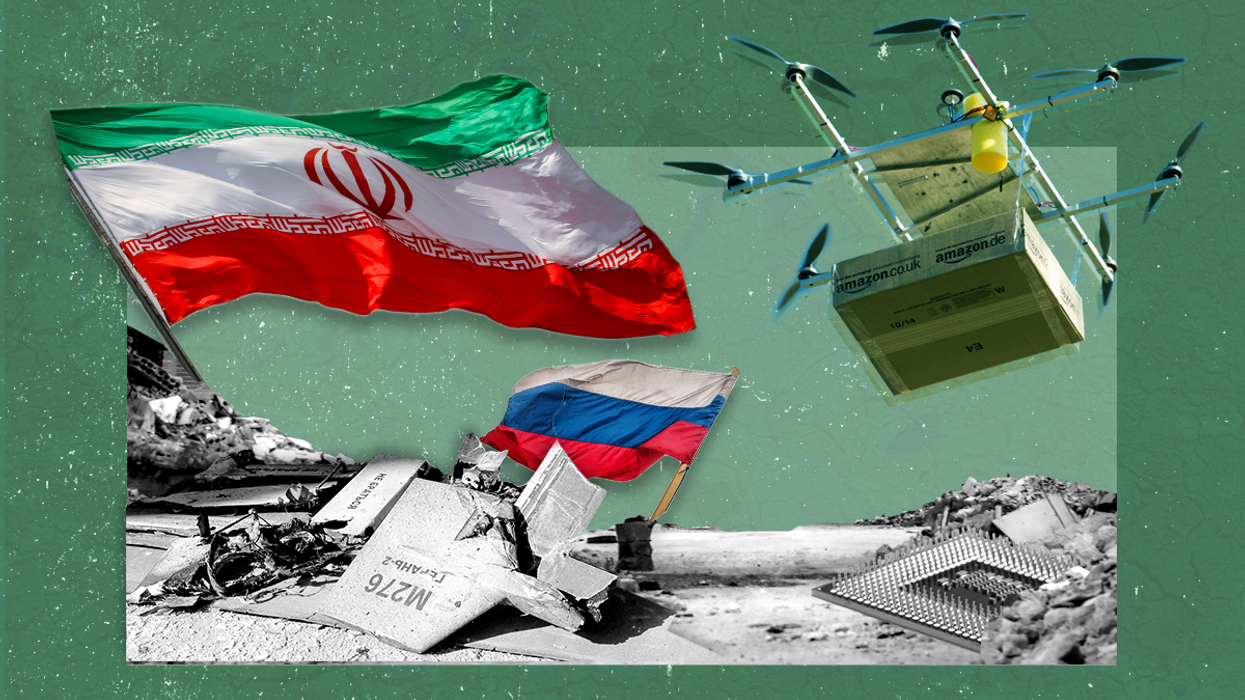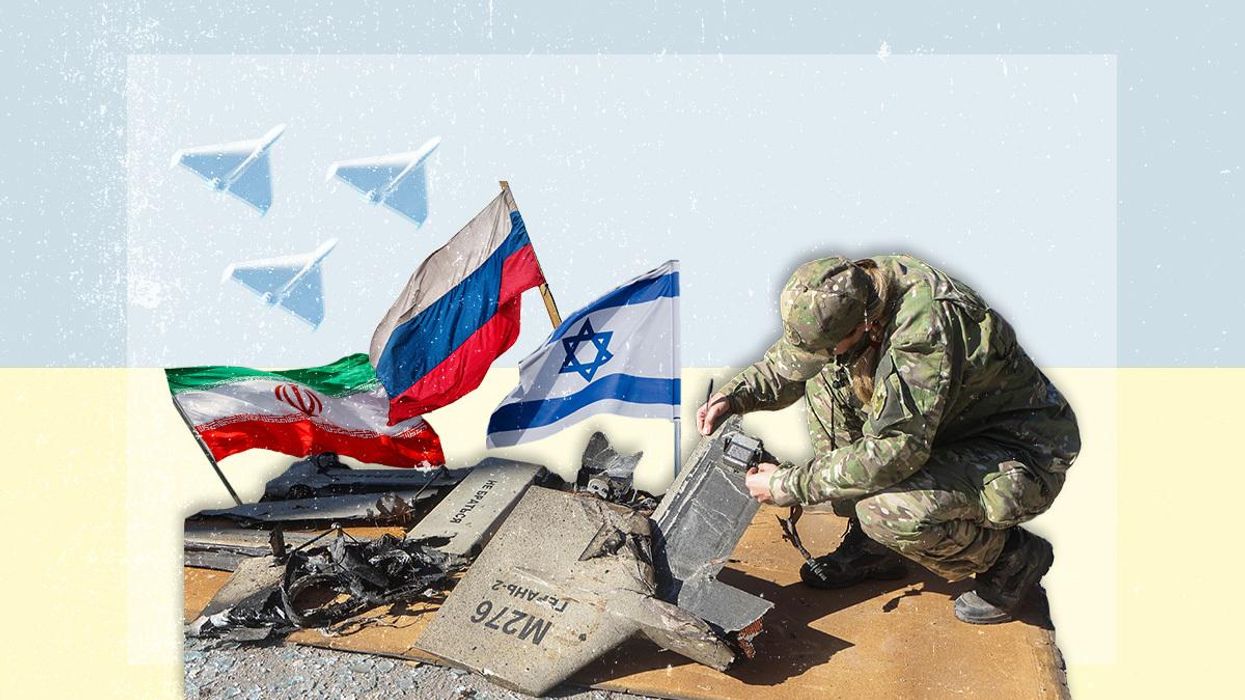News
How Iran beats Russia at sanctions game
Iran is Russia's main arms supplier for war efforts in Ukraine. But both countries are heavily sanctioned by the West, so what accounts for the disparity in how they are managing to access crucial parts needed for weapons?
Feb 05, 2023


